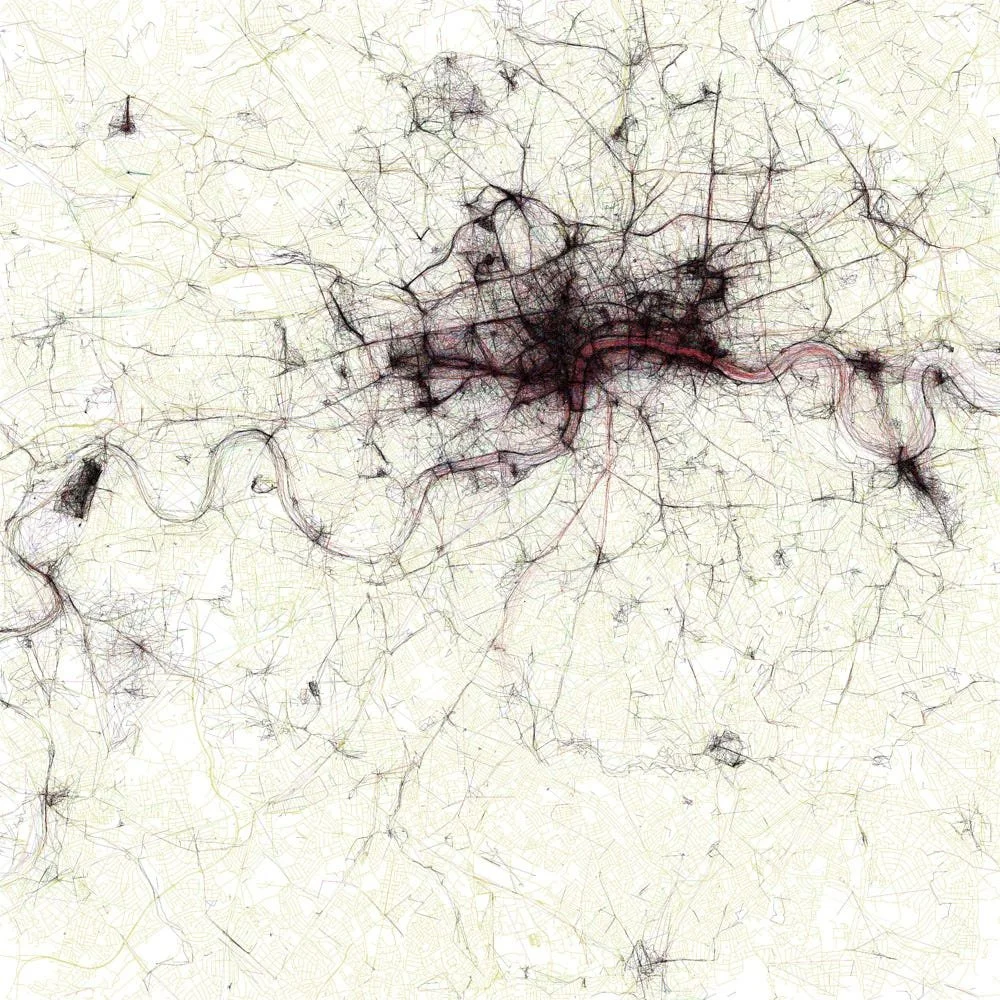How do you deal with this guy? In this blog we explore how therapists can support clients grappling with the intense political climate without falling into black-and-white thinking. Rather than using simplistic labels, the post encourages a nuanced approach to help clients navigate complex feelings, build resilience, and critically examine their beliefs. By fostering open-mindedness and empowering clients to find grounding practices, therapists can create a space for meaningful growth, even in divisive times.
Self-Compassion, Abuse and Recovery from a Clinical Perspective: A Journey to Change
One of the common questions people ask when they come to therapy is, "Can I change?" But the more pressing question is, "Do I want to?" Change can often feel daunting, and it's perfectly normal to hesitate. When we talk about change, we're not just talking about minor adjustments in behavior, but a fundamental shift in how one interacts with others, particularly in the context of abusive behavior. The belief in the potential for change isn't just a hopeful notion; it the central, core supposition of therapy itself. If change were entirely out of reach, we wouldn't even bother with therapy. It's about finding the motivation and willingness to embrace that change when it is correct.
Classical Literature and Psychotherapy
Art credit Leslie Peterson Sapp, [email protected]
Several books and practitioners focus on integrating classical literature and philosophy into psychotherapy. This approach, often referred to as "bibliotherapy" or "philosophical counseling," has been developed by scholars and therapists who recognize the therapeutic potential of the classics.
Beyond Conventional Therapy: Charting a Unique Path for Men's Mental Health
As a therapist, my goal is to establish a secure and non-judgmental space where all individuals, including those who may not feel represented by conventional methods, can delve into their mental health in a way that aligns with their personal experiences and viewpoints. Specifically, I am referring to men facing more obstacles than ever before. I believe in being open about my life with my clients, which levels the playing field between us.
Hunger Games: Desire Decoded The Art of Distinguishing Want from Need
Observing our whole being biological, cerebral, and sexual, unfolding with a neutral, mindful approach is not complex. People generally call this “spiritual” another world I am not fond of. I teach zazen, a technique taught in Zen Buddhism that is readily applicable to modern psychotherapy. In time, we can learn not to judge desires as good or bad and that the self, or lack thereof, experiencing this desire are but features of human consciousness.
Careful what you wish for
This is living the dream, folks. Right here. In the mud.
As a younger man, I thought this life required me to become a renunciant. I’d have to find a place where my personal needs were looked after by a community of like-minded individuals, or I would have to renounce my own will and follow the path that God provided, where my feet were placed. Both of these paths could turn out to be the same—but the point was that it became obvious that I had to give up a sense of control and learn to accept what I had been given and where I was headed.
That was six years ago. I had no idea it meant moving back to the frigid Northeast. I had no idea I'd entirely quit corporate life, and I had no idea what a frost-free hydrant was. They are meant not to freeze or crack. But they do. So you have to dig them out in the mud in winter.
Neither this nor that.
The basis of all suffering is the desire for things to be other than they truly are. That is dualism at work. Accepting things as they are in spite of their duality—is non-dual awareness.
Four Spheres of Autonomy
Existential philosophy suggests that there are four spheres of personal autonomy where we access our meaning-making agency-our true power. By understanding, even cultivating a uniquely masculine or dynamic sense of these areas, men can work with the magnetic to embody solutions, not just give them lip service. Understanding these four spheres of relationship is the key to developing a new masculine ethos and calibrating it for our friends and children. We must start somewhere, so we start with our views of the four spheres we interact in every day.
On Spiritual Partnership
The notion that we can singularly and autonomously learn everything we need has natural limits. Inevitably, when we choose to enter a relationship of any kind, we choose to learn. We enter collaboration at work to learn, we enter parenting to learn, we enter intimacy to learn. Anyone who denies this, or posits that the individual can exist fully and autonomously in a relationship without self-reflection or introspection and sharing is signaling that they do not want to be in a relationship, or worse, that they feel they have nothing to share or learn from another person. There exists a paradox in relationships like everything else, of course. I will tell you that I believe most people choose a relationship for the wrong reasons and do not have a deep one — and so, pent-up anxiety from not having dealt squarely with themselves and resentment for the inability (rightfully so) of the other to help them, is almost inevitable. Too many people live in quiet desperation for their choice — and that choice is derived directly from their failure to have done the needed depth of work on themselves before they entered the relationship.
Mending Masculinity: The Mythic Journey Toward Respect and Honor
Contrary to the evolutionary theory of stupidity, we men are not “built” to be morons. The brute strength derived from testosterone that to some degree marks our gender does not imply a unique set of rules. Gorillas are incredible creatures whose strength far outmatches our own, but they have not built a complex civilization. They did not create data science and artificial intelligence. The lame appeal to “men as men” undermines our nature and reduces manhood to hormonal dominance. This is utterly stupid. This is insulting to men. We insult ourselves by acting like baboons.
We do not have an “idiot” setting that clicks on when a woman walks in or out of the room. Those who are sane adults choose to behave appropriately around the other sex. At our most basic, we are good; at our best, we can protect, love and serve society.
How Men Thrive
Reciprocity and warmth in relationships are not only necessary for what all of us need to thrive—men and women—they comprise true, real common humanity and the beginning of mutuality. We should celebrate when we find a mutual transparency that allows for our fragility and frailty. We should be thankful when we find someone who is capable of actually listening and validating our deep, very natural need for affection and warmth. Indeed, we ought to seek out those with whom we can cultivate the natural dignity in ourselves as men—because that is what we really need most.
Life & Death in Silicon Valley
Let’s be clear: I do not believe that a company should entirely eschew the profit motive for the sake of its employees, I think they should jettison bad work environments and unhealthy pressures that have people rolling in around 5 am and leaving at 7. When companies persuade employees to accept exploitation in the name of prestige, fun, or future wealth, they deceive themselves about the longevity of that worker and their own humanity.
The real bottom line is that you ought to be careful with your company culture and your people’s health. Very careful. As much as you might think having a ping-pong table and a full bar perched on top of the refrigerator is “culture”, it’s not. Those are perks and pretty flimsy ones at that. Given even a cursory glance at the identity chasm between what is old corporate, new corporate, and start-up, it’s not surprising that the latter categories struggle to find ways to keep their people working and happy. Even though ads during the Super Bowl might have you thinking that drinking a Coors Lite and buying a Chevy Colorado is going to make your life better, the dilemma is on the inside..
The Hitchhiker's Guide to Post-Post Modern Sapeocentrism.
Collective, not Super Intelligence
Throughout our evolution as a species, humans have managed to collaborate and collectively build technology with tremendous success. The scale of our collaboration (enabled, of course, by our brains) may be the most important factor in human evolutionary success. Considering this, it is far more likely that long before a “superintelligence” emerges, collective intelligence will be scaled via networks of people and systems. When the actions of intelligent systems become more holistically intertwined with personal, social, cultural, political and economic systems, we can say we will have achieved a collective human-machine level of intelligence.













